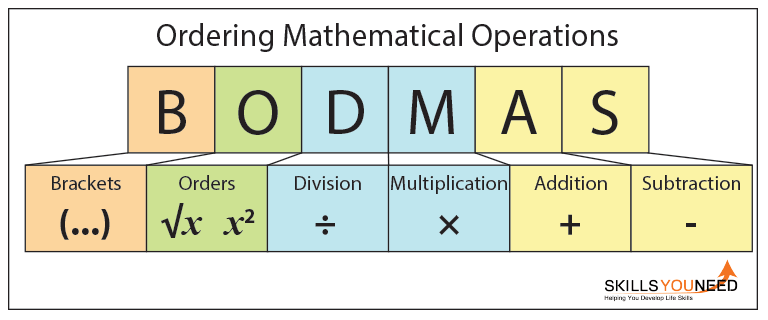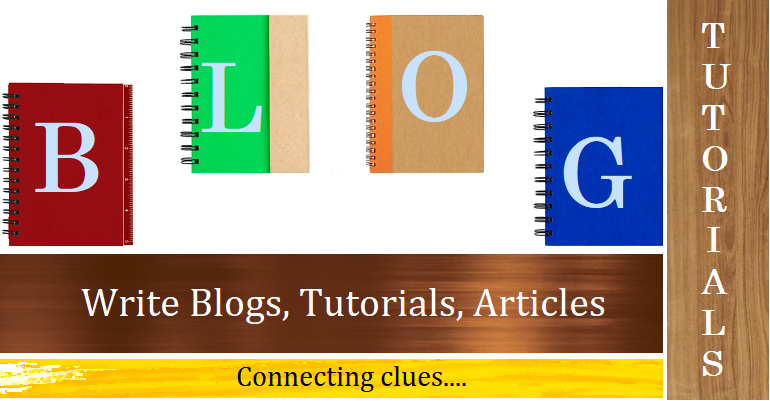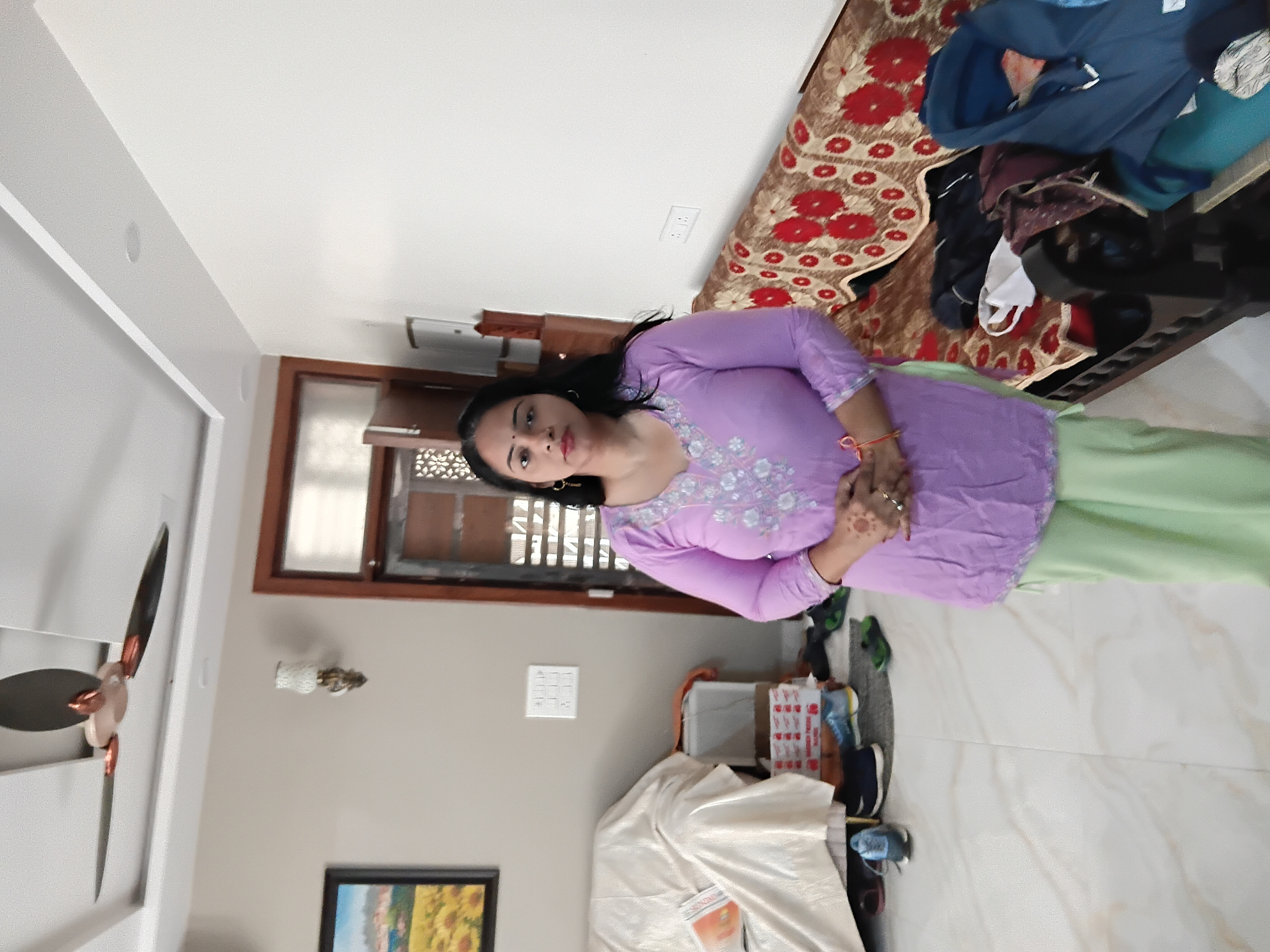An Introduction to
Phrasal verbs.
Verbs are the action words in a sentence that
describe what the subject is doing. This is what is taught to us by our
class teachers. Along with nouns, verbs
are the important part of a sentence. For example:
Krish walked to the store. In this Simple past tense
sentence, The Subject (Krish) has walked to the store. Therefore WALKED is the
action verb. I am sure, the person reading my blog is aware of this. But my
today's topic is ?PHRASAL verbs?.
Phrasal Verbs can be a little complicate for kids. And also, they are
everywhere in the English language. So, It is necessary to learn some trendy
English tips. Here is an example for you.
Mayra didn't know the word, so she looked it up in the dictionary.
Oh no, we've run out of milk! I'll have to buy some more.
My
mother \has to get up early in the morning.
The
missile took off with a loud growl.
It's not necessary to use Phrasal verbs but it
makes our conversation of write up more formal, condense our official writing or speaking more stylish.
Else, we could have used the above sentences as Mayra didn't know the word, so she looked in the dictionary and Oh no,
we've no milk!
I'll have to buy some more.
Phrasal verb is made of two or three words. One verb is combined with a preposition (like on, in, under) or
an adverb (like up, down, away).
Mostly, a Phrasal verb is used with preposition. Kids find it confusing as its
meaning is idiomatic. It's not easy to learn them all, but yes, daily reading
habit will help a lot.
For example.
Bran asked Judy out to
lunch and shopping.
I asked around but nobody has seen my
purse.
Your purchases add up to Rs.565.
You'll have to back up your vehicle so that
I can get out.
His mam broke the final project down into
three separate parts.
Phrasal
verbs are special. The verb and preposition have diverse meaning, but when they
are joined together, they form a different meaning. Like, take the phrasal verb
'turn in.' We know that 'turn' means to go another direction, and that 'in'
means inside something. But when the words 'turn in' are put together as a
phrasal verb, their meaning changes. Unexpectedly, we have antask that is taken
out of a student's bag and 'turned in,' or given to the coach.
Another example would be the phrasal verb
'drop off.' If we say that Kritine 'dropped off' instead
of studying, we mean that she fell asleep instead of studying.
Here are some links to study more examples of Phrasal Verbs.
https://www.youtube.com/watch?v=G2NwmcNKaHk
https://www.perfect-english-grammar.com/phrasal-verbs.html
https://english-at-home.com/family-phrasal-verbs/
https://www.englishclub.com/vocabulary/phrasal-verbs-list.htm
The more you read, they more they will fit in your life. Last fact about phrasal verbs: When you are writing something formal,
keep in mind that phrasal verbs sound informal. Instead of writing something
like, ?The patient had her tonsils taken out when she was ten years old,? you may want to
write ?The patient had her tonsils removed when she was ten years old.? It will sound
more appropriate.













